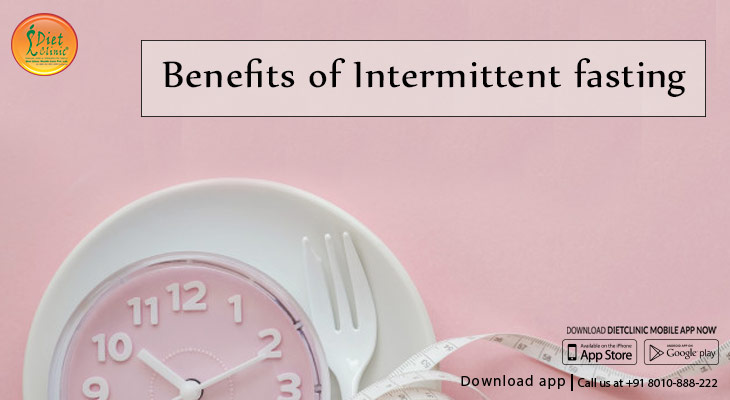
Dietician Sheela Seharawat
Use intermittent fasting.
Intermittent fasting has become popular among many who diet in the last few years.
Fasting would lead to a metabolic shift. Every time we eat, the energy stored in the liver regenerates. Liver energy — essentially glucose — is always used first when fasting. It takes about 10 to 12 hours to deplete the glycogen energy stored in the liver explains dietitian Sheela Sherawat mentor at Diet Clinic.
Once these reserves are exhausted, the metabolic shift takes hold. What happens next is that fats are released from the fat cells of the body and are displaced to the liver, where they are converted into ketone bodies. And these ketone bodies become a major source of energy for cells, particularly nerve and muscle cells.
Unlike regular diets, which lower the basal metabolic rate which explains the difficulty in losing weight, fasting would increase this metabolism.
Benefits of intermittent fasting
• Decreased insulin level
• Reducing the level of bad cholesterol in the blood
• Cleaning the body
• Weight loss
Types of intermittent fasting
1. Alternative fasting
The alternative fast is to eat nothing for 24 hours, one to several times a week. For example, you eat as usual on Mondays, you eat nothing on Tuesdays, and you normally eat again on Wednesdays.
2. Modified fast (5: 2 or 4: 3)
The modified fast is to eat normally 4 or 5 days a week, and then eat only 25% of your usual calories for the remaining days. For example, if you eat an average of 2000 calories a day, you will only need to eat 500 calories a day at least twice a week.
3. Fasting with time-limited feeding (16: 8 or 20: 4)
The most "permissive" of the 3 types of fasting is fasting limited in time. It consists of eating nothing for 16 hours to 20 hours, then eating your usual meals in the time it is "allowed." For example, for a conventional 16: 8 fast, you would be allowed to eat only between 10 am and 6 pm. For a fasting 20: 4, you would have the right to eat only in a window of 4 hours (e.g. between 12h and 16h).










